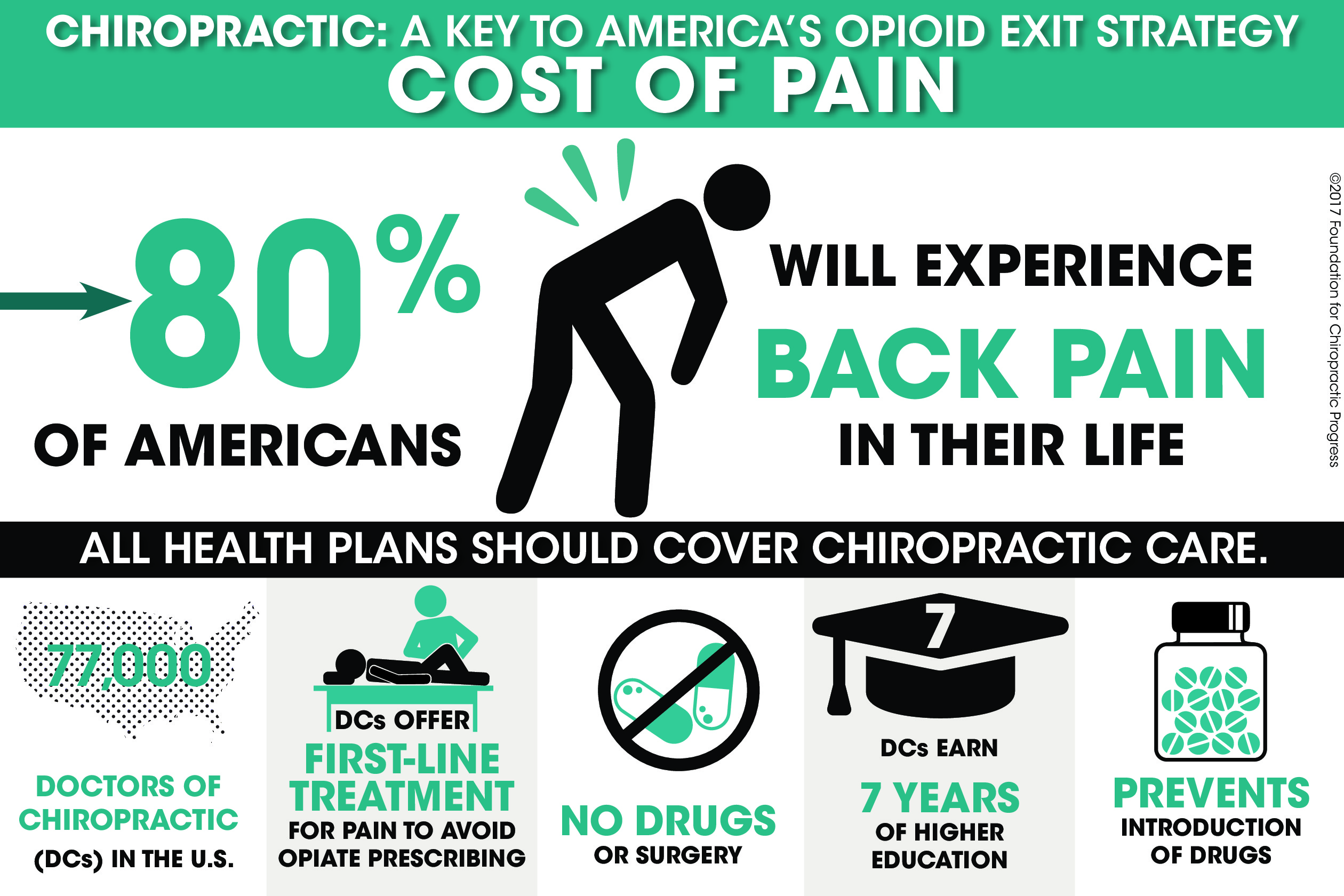The Function Of Nutrition In Pain In The Back Administration: Foods To Eat And Avoid
The Function Of Nutrition In Pain In The Back Administration: Foods To Eat And Avoid
Blog Article
Web Content Author-Duus Lykke
When it involves managing your back pain, the food choices you make can dramatically impact just how you feel every day. Picture being able to relieve your discomfort simply by adjusting what you consume. By comprehending nyc chiropractor of nourishment in back pain management and recognizing which foods to integrate or steer clear of, you can take aggressive steps towards a healthier and much more comfy lifestyle. The connection between nutrition and back health and wellness is much more profound than you may understand-- allow's explore how specific foods can either calm or exacerbate your pain in the back.
Significance of Nourishment in Back Pain
Nutrition plays a crucial role in managing neck and back pain. Your diet plan can dramatically influence swelling degrees and general discomfort degrees in your back. Consuming a balanced diet regimen abundant in nutrients like vitamins D and K, calcium, magnesium, and omega-3 fatty acids can help reduce swelling and reinforce bones, which are important for back health.
Furthermore, maintaining a healthy weight via correct nutrition can minimize anxiety on your spinal column, lowering the danger of pain in the back.
Moreover, specific nutrients like anti-oxidants located in vegetables and fruits can aid battle oxidative tension and promote recovery in the body, consisting of the back muscular tissues and spinal column.
On the other hand, eating too much quantities of refined foods, sugary beverages, and undesirable fats can contribute to swelling and weight gain, worsening neck and back pain.
Foods to Consume for Back Wellness
To support a healthy back, incorporating nutrient-rich foods right into your everyday dishes is vital. Including foods high in antioxidants like berries, spinach, and kale can help in reducing inflammation in your back, alleviating discomfort and discomfort. Omega-3 fats located in fatty fish such as salmon and mackerel have anti-inflammatory properties that can benefit your back wellness.
In addition, taking in nuts and seeds like almonds, walnuts, and chia seeds offers vital nutrients like magnesium and vitamin E, which sustain muscular tissue feature and lower oxidative tension. Incorporating lean proteins such as chicken, turkey, and tofu can assist in muscle mass repair service and upkeep, promoting a strong back.
acupuncture and chiropractor fail to remember to include milk or fortified plant-based options for calcium to support bone health. Finally, moisten with a lot of water to keep your back discs moistened and working optimally. By including see more -dense foods in your diet regimen, you can nourish your back and support total spine wellness.
Foods to Prevent for Pain In The Back
Select staying clear of processed foods high in added sugars and trans fats when seeking relief from pain in the back. These types of foods can add to swelling in the body, which may intensify pain in the back. Say no to sugary treats like candy, breads, and sweet drinks, in addition to junk food things like hamburgers, french fries, and fried chicken that are frequently packed with trans fats.
Additionally, steer clear of foods consisting of high degrees of polished carbs, such as white bread, pasta, and pastries, as they can spike blood glucose levels and potentially intensify swelling in the body.
It's also a good idea to limit your intake of foods high in hydrogenated fats, like red meat and full-fat dairy products, as they can contribute to inflammation. Processed foods like deli meats, chips, and packaged snacks are frequently high in saturated fats and need to be eaten in moderation.
chiropractor that accepts medicaid , taking note of your diet regimen and making clever food options can have a considerable effect on managing pain in the back. By incorporating nutrient-rich foods like berries, fatty fish, nuts, and lean proteins, and staying clear of processed and sweet products, you can help in reducing inflammation and support in general back health and wellness. Bear in mind, what you eat plays an important function in just how you feel, so ensure to prioritize your nutrition for a healthier back.
